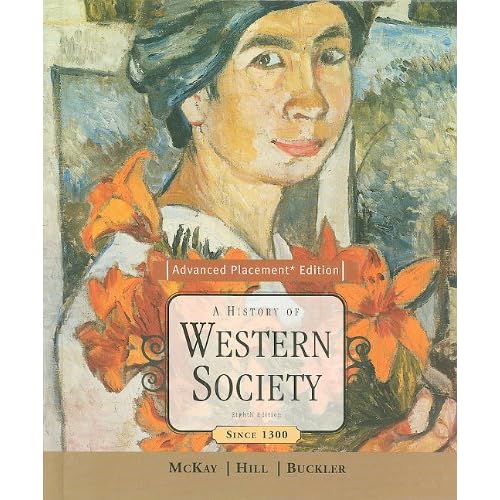In most textbooks they have some helpful sites where a student can go for more practice!
| Spanish 1 Textbook |
- If you have trouble grasping a grammar concept/ vocabulary in Spanish, classzone.com should be helpful! On the website it includes animated grammar, extra practice, quizzes for each lessons, online flashcards, etc. Check it out for yourself and see if it's helpful! Another website is studyspanish.com. Although the website isn't tailored to the book like classzone.com is, it has more detailed in the grammar explanations and has even more tests/ quizzes you can take! All you have to do is sign up for a free student membership.
- Yay! Spanish Resources! Sra. Menna has linked many helpful sites including an online book for both Spanish 2 and Spanish 3! Now if only they could get an online book for math....
 |
| Algebra 2 Honors Textbook |
- For Algebra 2 Honors: http://www.phschool.com/webcodes10/index.cfm?fuseaction=home.gotoWebCode&wcprefix=ajk&wcsuffix=0099. The website includes worked out examples for each lesson in the book (under extra help), a self-test (the answers for these are sometimes really wrong), key terms for each chapter, etc.
 |
| Algebra 2 Textbook |
- For regular Alegbra 2: http://www.classzone.com/books/algebra_2/index.cfm?state=CA. It has extra challenges and examples for each lesson, flashcards and crosswords for vocabulary terms (Flipcard activity & Crossword Puzzle), and they even have a games for people who think math is boring. It is just basically a simple game with questions in between each level. (The graphics are very simple so don't expect much)
 |
| Khan Academy Logo |
- There are lots of online tutorials but I think the best of the best is at Khan Academy! They have lots of comprehensive videos on an large variety of subjects! I go here for Biology mainly, but they have lots of subjects, from Geometry to SAT prep! Unfortunately, they don't have foreign languages or anything related to English. See their diverse videos yourself!
- There are also other online tutorials like http://www.courserepository.org/ (It's very extensive in Biology!)
- For Biology, studying off the CD practice quizzes/ tests are the best place. If you need extra help go to your teacher or check out the online tutorial sites!
- For honors Chemistry: Student Study Guide has summaries of the sections and interactive examples where you can answer questions as you learn or review and the Online Learning Center: has self-assessments, Animations, Chapter summaries, and more.
- Also, if you ever forget your book at home and need to read, you can always go on Online Chemistry Book but it's the 10th edition rather than the 8th edition used at school.
- Cramming for a Chemistry Test and no one is online at 4am when you need help? Go onto Chegg where they have solutions to most of the problems in the textbook! *you need an account to read the answers*
- AP European History Practice Exams for chapters 1-31
- Now there aren't many sites for English help since English consists mainly of essays and analyzing, some helpful sites include SparkNotes, but we all know that website already don't we? If don't already know what SparkNotes is, this nifty site will tell you all about SparkNotes and what it offers. Two other websites are Cliff Notes and Shmoop ; you may also consider checking out cliffnote's book study guides from a local library. Shmoop is really helpful for reading quizzes since they have quote and symbol quizzes; it is has lots of great things, you really just need to explore it! If you have trouble with grammar http://grammar.quickanddirtytips.com/ has lots of tips!
- For most of the geography classes, the test concepts are based on handouts and not solely on the book. There are map questions for each unit we learn though. One of the hardest maps for me to memorize was Africa. After using http://www.ilike2learn.com/ilike2learn/africa.html I almost aced that section the test. If you prefer doing it old-school you can always print out a blank map and just fill in the countries.
- Some students decide to buy an extra copy of a textbook to keep at home so they won't have to lug a textbook back and forth. Others decide to study ahead during the summer for the coming school year. On Troy website ( http://troyhigh.com/students/text_room.jsp ) there is an official textbook list that has every class and the corresponding textbook.
~currently expanding~



